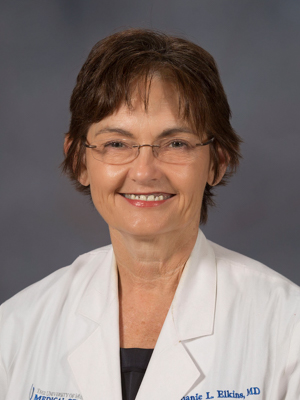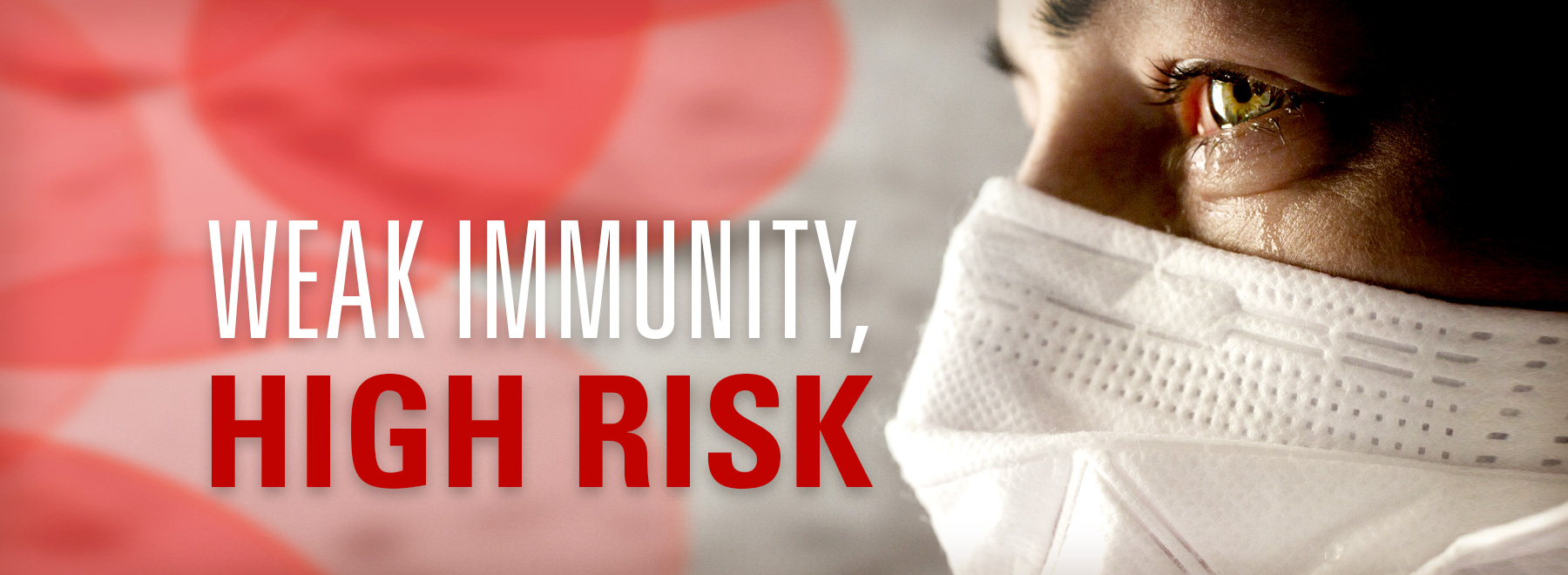Take precautions to ward off infection from compromised immune systems
When your immune system isn’t working as well as it should to protect you from infection, how can you safeguard yourself from serious illness but still, as the saying goes, have a life?
Someone is immunocompromised when they have a disease – for example, HIV, diabetes or chronic hepatitis – that causes a loss of their immune function to ward off infection. People who take certain medications, including immunotherapy to treat specific diseases, often become more susceptible to infection because their immune response is suppressed.
Others who can be immunocompromised are cancer patients undergoing chemotherapy and transplant patients who must take anti-rejection drugs that lower their body’s defenses against bacteria and infections that most people could normally fight.
And, people who are immunocompromised often don’t mount the same response to vaccinations, be it for flu or COVID-19.
So – what’s safe to eat or do, and what will increase your risk for disease or infection?

“Use your common sense,” advises Dr. Stephanie Elkins, director of the Division of Hematology/Oncology at the University of Mississippi Medical Center. “If it seems like you shouldn’t do it, then you probably shouldn’t do it.”
The Centers for Disease Control and Prevention advises those who are immunocompromised to take precautions that include:
- Wash your hands often – before eating or preparing food; after touching a child in diapers, or bedding or toilets that are soiled; after gardening; and after touching pets or farm animals, or having touch contact with anything that might have the smallest amount of stool in or on it.
- Avoid swallowing water from oceans, lakes, rivers, pools, springs, shallow wells or when using hot tubs. Be aware that tap water could be contaminated; check with your local health department to see if any alerts have been issued that warn immunocompromised people not to drink local water. If a public health department or utility advises boiling water, do that before you drink it.
- Wash well the fruits and veggies that you eat uncooked, using safe and clean water. Peel fruit that is eaten uncooked if possible, and don’t eat or drink unpasteurized milk or dairy products.
- Be mindful and take extra care while traveling. Be aware and check beforehand on the safety of eating fresh fruits and vegetables, drinking the local water, swimming in local pools or bodies of water, and purchasing food from street vendors. Consult your health provider before travelling abroad.
Those who are acutely ill or who have received an organ transplant shouldn’t eat raw or undercooked food, Elkins advises. “You can either cook it, or peel it,” she said.
Elkins advises her patients who are immunocompromised to get an adequate amount of rest, but especially “when your body tells you to rest. If you do something and five minutes later you’re tired, then don’t push.”
And although she generally does not tell an immunocompromised person it’s too dangerous to ever leave their home, “they need to be aware of what risk they’ll be putting themselves in. For example, I’ve told patients not to go to church on occasion,” Elkins said.
Those who are immunocompromised, Elkins said, will need to take precautions depending on how long they will be in that state, such as someone undergoing chemotherapy. On the other end of the spectrum, she said, are transplant patients, some of whom will be taking immunosuppressant drugs for the rest of their life.
She also advises patients to explore attending clinic appointments via telehealth, “or if they are going to the clinic, make that your only outing that day.”
Know your risk factors, she said, and “don’t put yourself into a situation that you don’t have to put yourself in.”
The above article appears in CONSULT, UMMC’s monthly e-newsletter sharing news about cutting-edge clinical and health science education advances and innovative biomedical research at the Medical Center and giving you tips and suggestions on how you and the people you love can live a healthier life. Click here and enter your email address to receive CONSULT free of charge. You may cancel at any time.



